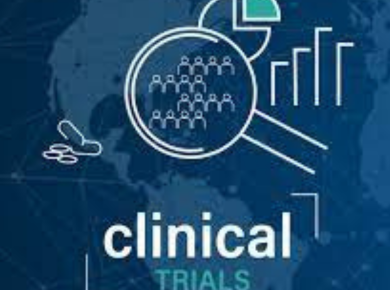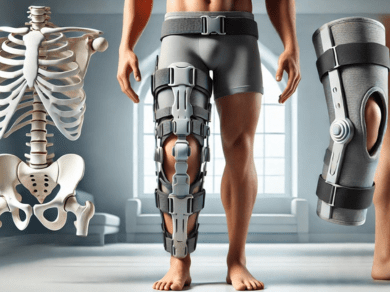Exploring Alternative Therapies for Mental and Physical Well-being

Alternative therapies are gaining traction as effective methods for improving both mental and physical health. These approaches often complement traditional medicine, offering holistic solutions to various health issues. The growing interest in such therapies reflects a shift in how we view wellness.
Understanding Sports Chiropractic
Sports chiropractors specialize in treating athletes and active individuals. They focus on the musculoskeletal system and how it impacts performance. Addressing misalignments and dysfunctions helps improve physical function. This can be crucial for athletes looking to enhance their performance or recover from injuries.
Chiropractic care is not just about physical adjustments. It also plays a role in mental well-being. Many athletes experience mental stress due to competition and performance pressure. A visit to a sports chiropractor can provide relief. The physical adjustments can lead to improved posture and reduced pain, promoting a sense of well-being.
The Role of Alternative Therapies in Depression Treatment
Alternative therapies can be particularly beneficial in depression treatment. While traditional methods often include medication and therapy, many individuals seek complementary options. These therapies can help reduce symptoms and enhance overall mental health.
Mindfulness practices, such as meditation and yoga, have shown promise. They promote relaxation and reduce stress. Research indicates that regular practice can decrease anxiety and improve mood. Many people find that integrating these practices into their daily routine helps them manage depressive symptoms more effectively.
Benefits of Acupuncture
Acupuncture is another alternative therapy gaining recognition. It involves inserting thin needles into specific points on the body. This ancient practice aims to balance energy flow and promote healing. Studies suggest that acupuncture can help alleviate symptoms of depression and anxiety.
The process can also be physically relaxing. Many patients report feeling a sense of calm during and after treatment. This relaxation can lead to improved mental clarity and emotional stability. The integration of acupuncture into a treatment plan can enhance overall well-being.
Herbal Remedies and Supplements
Herbal remedies and dietary supplements have been used for centuries. Many people turn to these natural alternatives for mental health support. St. John’s Wort is often cited as a potential aid for depression. Research shows it can be as effective as some prescription antidepressants for mild to moderate depression.
Other herbs, such as valerian root and passionflower, are known for their calming effects. They can help reduce anxiety and improve sleep quality. However, it’s essential to consult with a healthcare provider before starting any herbal regimen. This ensures safety and effectiveness.
The Impact of Nutrition on Mental Health
Nutrition plays a critical role in mental health. The food we consume affects our mood, energy levels, and overall well-being. Diets rich in omega-3 fatty acids, antioxidants, and vitamins can support brain health.
Studies suggest a strong link between nutrition and depression. A balanced diet may reduce the risk of developing depressive symptoms. Foods such as fatty fish, nuts, fruits, and vegetables can positively impact mental health. Incorporating these foods into daily meals can enhance overall well-being.
Conclusion
Exploring alternative therapies offers a wealth of options for mental and physical well-being. Approaches like sports chiropractic, acupuncture, and nutritional changes can significantly impact health. These therapies often provide a holistic perspective, addressing both the mind and body.
As interest in alternative treatments continues to grow, individuals are discovering new pathways to improved health. With the right guidance and support, integrating these therapies can lead to a healthier, more balanced life.



